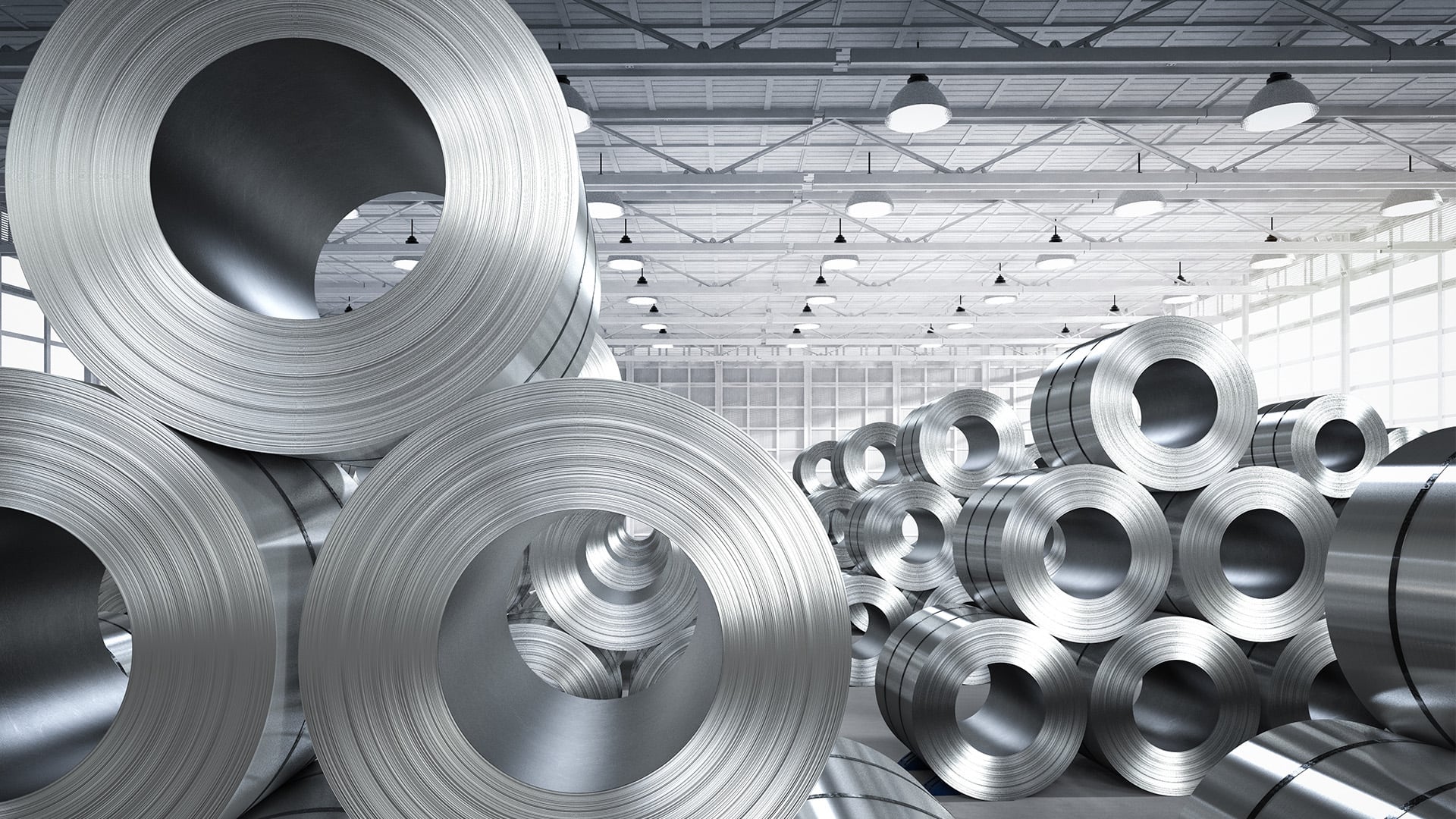What are the Advantages of Using Stainless Steel?

Stainless steel is a preferred material in many industrial and consumer applications because it offers a range of advantages.
Here are the advantages of using stainless steel:

Stainless steel is a preferred material in many industrial and consumer applications because it offers a range of advantages.
Here are the advantages of using stainless steel:
1. Corrosion Resistance: Stainless steel does not corrode as it does not interact with oxygen. This reduces the risk of material decay, rust, or staining, especially enhancing its durability in harsh environmental conditions.
2. Corrosion Resistance: It is resistant to harsh chemicals, acids, bases, and salty water. This feature makes it ideal for many applications such as maritime, chemical industries, and food processing.
3. Aesthetics: Stainless steel has a modern and aesthetic appearance. As a result, it is preferred in various fields such as interior decoration, kitchen utensils, automotive design, and jewelry.
4. Hygiene: Stainless steel has a surface that can be easily cleaned and disinfected. This makes it an excellent choice for applications that require hygiene, such as food processing, medical equipment, and other hygienic applications.
5. High-Temperature Resistance: Stainless steel can withstand high temperatures, making it suitable for high-temperature applications like ovens, boilers, and industrial furnaces.
6. Durability: Stainless steel is resistant to wear, impact, and scratches, making it a long-lasting material.
7. Recyclability: Stainless steel is a recyclable material, making it an environmentally friendly option.
8. High Strength: Stainless steel has high strength, making it a preferred choice for applications that require durability, such as construction, machinery manufacturing, and transportation.
9. Variety: There are many different types of stainless steel with various properties, allowing for a wide range of options to meet different application requirements.
However, there are also disadvantages to the use of stainless steel, so selecting the right type depends on the application and requirements. Additionally, stainless steel is often more expensive than other materials.